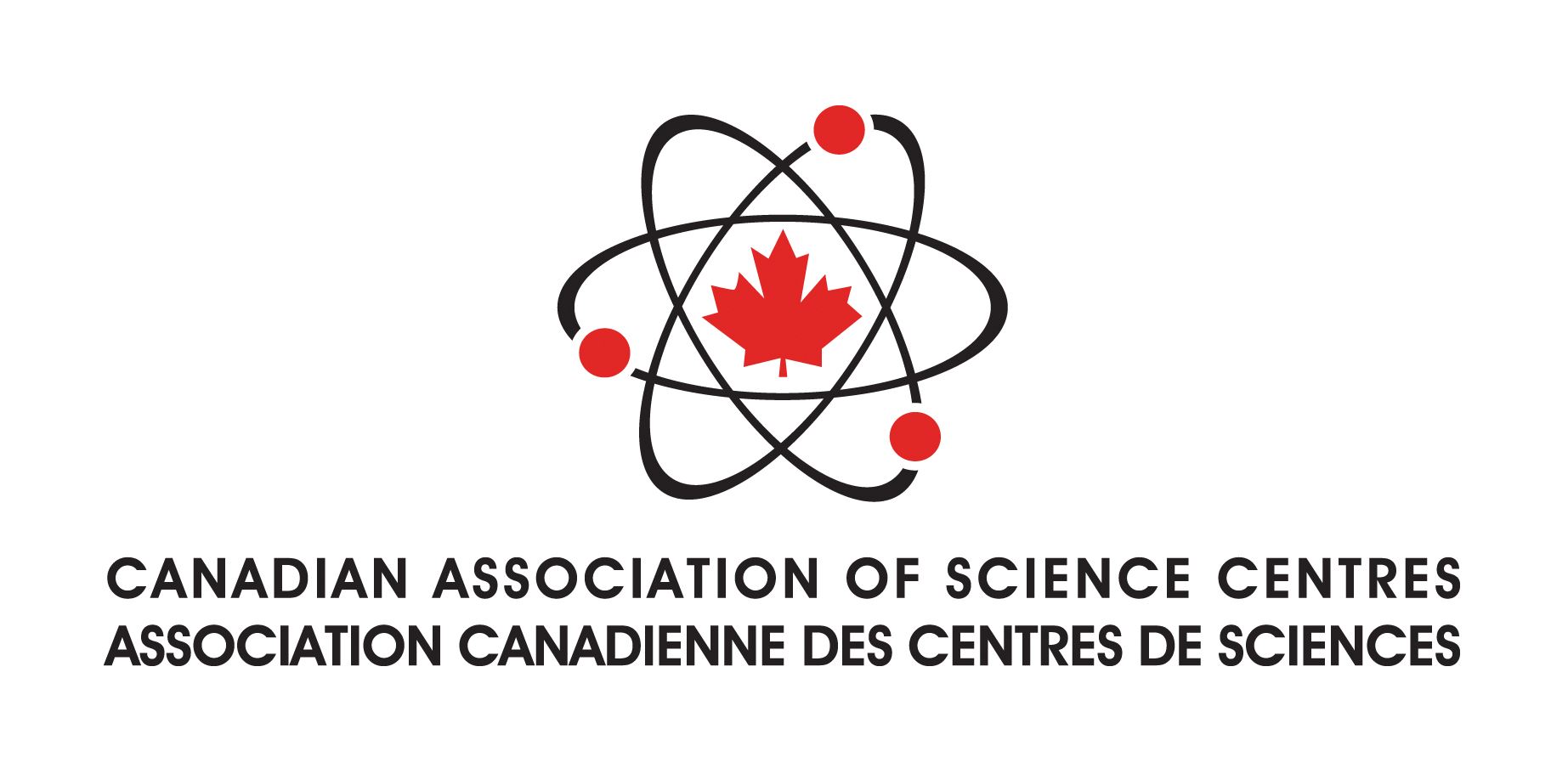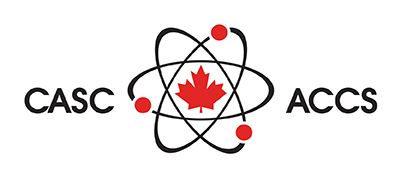The Canadian Association of Science Centres views the March for Science as a celebration and a continuing promise to remain true to the values of the scientific method. We support and value evidence-based decision-making, and the impact that scientific advancements have on people's lives. As science communication professionals, CASC members help the general public make sense of the rapid changes and nuances of discoveries in the STEAM fields, and help to provide meaning to Canadians on personal and social levels and demonstrate the positive impact that evidence-based decision-making has on policy development. We support the idea that the scientific process is open, inclusive and serves all of humankind without borders.
The role that Science Centres play in Canadian Society
In its 2014 report, Science Culture: Where Canada Stands, the Council of Canadian Academies identified that Science Centres play a predominant role in supporting Canada’s science culture, providing informal science learning opportunities to people of all ages. In addition to offering publicly accessible spaces across Canada that welcome local citizens and tourists alike, many Science Centres operate other events and activities like Science Festivals, Fairs, Camps, and Outreach programs to reach beyond the physical boundaries of their institutions.
Science Centres have relevance to all sectors of the population and have become important meeting places for science and society. They operate across geographic, economic, political, religious, and cultural boundaries. They impact the well-being, education, achievement, and skills of current and future generations. They are safe places for difficult conversations.
Research shows that Science Centres demystify science, conveying its beauty, showing its necessity and making it accessible to the general public. They foster positive attitudes towards science, help people to appreciate the context of scientific advances, and understand how science affects their lives. Perhaps most importantly, they foster evidence-based inquiry - a method critical to advancing today’s society.
There is a growing body of research showing that free-choice learning – as opposed to formal learning – is key to both knowledge of science and attitudes about science among the population. Free-choice science learning is the hallmark of the Science Centre offering. In fact, there is a strong correlation between visiting a Science Centre and a person’s understanding of science and technology (Falk, Needham, Dierking, & Prendergast, 2014).
Science literacy in Canada
According to the Council of Canadian Academies, Canada ranks 1st out of 35 countries with an estimated 42 per cent of the population able to demonstrate a basic level of scientific literacy (2014). However, the report indicates that Canada ranks 19th out of 29 countries with only an estimated 20 per cent of first university degrees in science and engineering and 22nd out of 37 countries with an estimated 30 per cent of total employment in science and technology occupations. In fact, 51 percent of individuals holding science, technology, engineering and mathematics degrees in Canada are immigrants (Council of Canadian Academies, 2014).
In a recent survey of Canadian science literacy by Ontario Science Centre, three-quarters of respondents claimed to use science to form opinions on such issues as climate change, immunizations, and genetically modified organisms. The survey revealed that a high proportion of those that believe they are science literate in these areas also said they felt that the science of climate change is unclear (35%), that vaccines are linked to autism (18%) and that genetically modified organisms are not good for our health (57%) (Ontario Science Centre, 2016). This survey reveals the need to cultivate a stronger science culture in Canada and support lifelong learning for people of all ages to ensure that Canadians can evaluate fact and fiction in science and continue to make informed decisions as parents, consumers, employers and citizens.
Cultivating a strong science culture in Canada
For most Canadians, formal science education ends in secondary or post-secondary school while scientific advancements and breakthroughs happen daily. The Council of Canadian Academies outlines a plan for cultivating a strong science culture:
- Support life-long learning. Science Centres provide programming for all ages, including adult-only activities, Science Cafés, programming for seniors, family activities, school programs, community outreach and programs geared to early childhood, youth and young adults.
- Make science inclusive. Science Centres are also focused on inclusivity by creating programs geared specifically to underrepresented communities and outreach activities to First Nations and Indigenous communities as well as digital outreach activities to remote areas.
- Adapt to new technologies. Science Centres offer programs to support learning new technologies for people of all ages as well as established mechanisms to develop and deploy new programs and resources quickly to the estimated 8 million Canadians that visit each year.
- Enhance science communication and engagement. An estimated 2,000 science communication and support staff and almost 10,000 volunteers across Canada communicate the latest science concepts to Canadians of all ages on a daily basis.
References
Council of Canadian Academies. (2014). Science Culture: Where Canada Stands. Ottawa, Ontario.
Falk, J. H., Needham, M. D., Dierking, L., & Prendergast, L. (2014). International Science Centre Impact Study Final Report. Co: John H. Falk Research.
Ontario Science Centre. (2016). Ontario Science Centre survey reveals gap in public understanding of critical scientific issues. Toronto: Ontario Science Centre.

